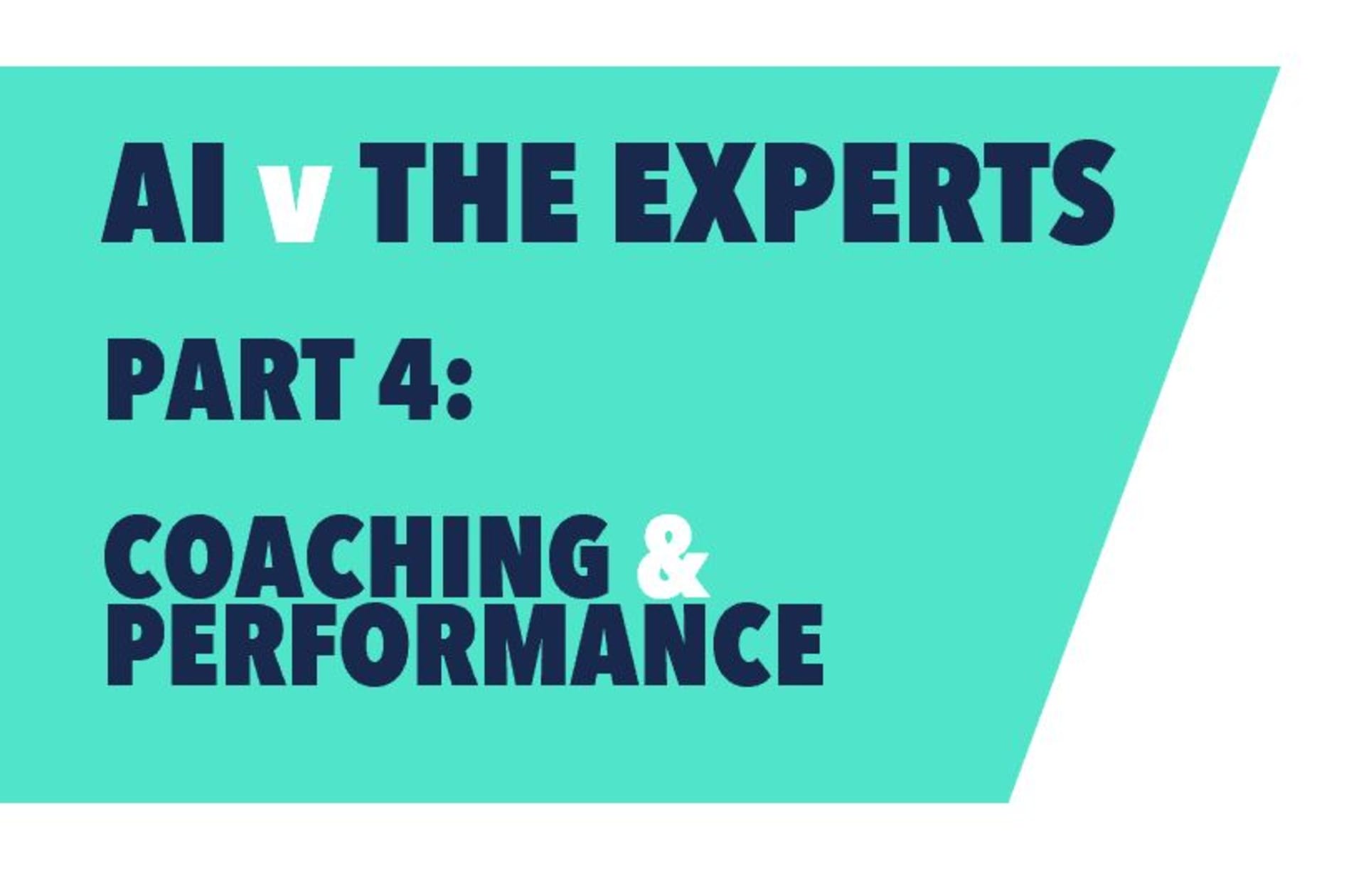Sports coaching for elite athlete performance has undergone significant developments and adaptations over the past 12 months. With advancements in technology, sports science, and a greater emphasis on individualized training, coaches have been able to maximize the potential of their athletes and achieve outstanding results. In this article, we will explore some of the key trends and approaches that have shaped sports coaching for elite athlete performance in the past year.
One prominent trend in sports coaching has been the integration of data analytics and technology. Coaches now have access to a wealth of information collected through wearable devices, video analysis, and performance tracking systems. This data provides valuable insights into an athlete’s performance, allowing coaches to identify strengths, weaknesses, and areas for improvement. By analyzing this data, coaches can make more informed decisions regarding training programs, strategy, and tactics, ultimately enhancing an athlete’s performance.
Another significant development in sports coaching is the growing importance of mental and emotional well-being. Elite athletes face immense pressure, and coaches now recognize the need to address their psychological needs alongside physical training. Mental resilience, focus, and motivation are crucial for success. Coaches are working closely with sports psychologists to develop strategies that help athletes manage stress, build confidence, and maintain a positive mindset. Techniques such as mindfulness, visualization, and goal-setting have become integral components of coaching programs, ensuring athletes perform at their best when it matters most.
Furthermore, the concept of individualization has gained prominence in sports coaching. Recognizing that each athlete is unique in terms of their physical attributes, skillset, and learning style, coaches are tailoring training programs to suit individual needs. This personalized approach optimizes training effectiveness, as athletes receive targeted instruction and support that maximizes their strengths and addresses specific weaknesses. By leveraging this individualization, coaches can unlock an athlete’s full potential and foster long-term development.
Coaches have also been focusing on injury prevention and recovery strategies. The physical demands of elite sports can take a toll on athletes’ bodies, and minimizing the risk of injuries is paramount. Coaches are collaborating with physiotherapists and strength and conditioning specialists to develop comprehensive injury prevention programs. These programs include exercises to enhance muscular strength, flexibility, and stability, as well as techniques to improve recovery, such as active rest, nutrition, and sleep optimization. By implementing these strategies, coaches can help athletes maintain peak performance levels while reducing the likelihood of injuries.
Furthermore, collaboration and interdisciplinary approaches have become increasingly prevalent in sports coaching. Coaches are working closely with a team of experts, including nutritionists, physiotherapists, strength and conditioning coaches, sports scientists, and technical specialists. This multidisciplinary approach ensures that athletes receive comprehensive support and guidance in all aspects of their training and performance. By leveraging the expertise of these professionals, coaches can optimize an athlete’s physical preparation, technical skills, and overall well-being.
Lastly, coaches are placing greater emphasis on long-term development rather than short-term success. While winning is still a key objective, there is a growing recognition that sustainable success requires a focus on gradual improvement and holistic athlete development. Coaches are implementing periodization models that balance intensive training phases with adequate rest and recovery periods. This approach helps athletes avoid burnout and overtraining while maintaining consistent progress over an extended period.
In conclusion, sports coaching for elite athlete performance has seen notable advancements and adaptations over the past 12 months. The integration of data analytics, the emphasis on mental and emotional well-being, individualized training programs, injury prevention and recovery strategies, collaboration with experts from various fields, and a focus on long-term development have all played a significant role in optimizing athlete performance. With these trends, coaches are equipping athletes with the tools and support they need to reach new heights in their respective sports.



